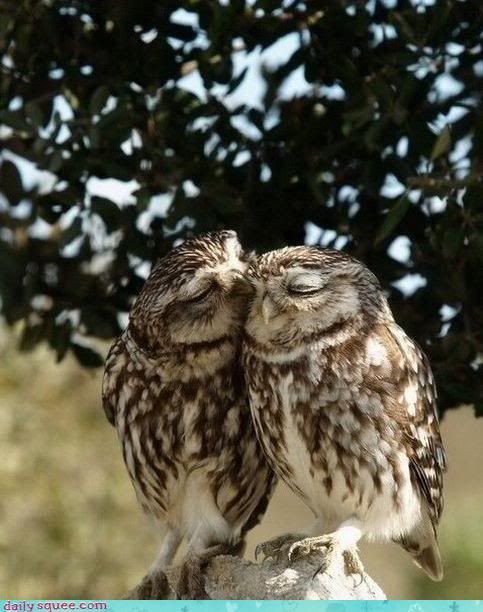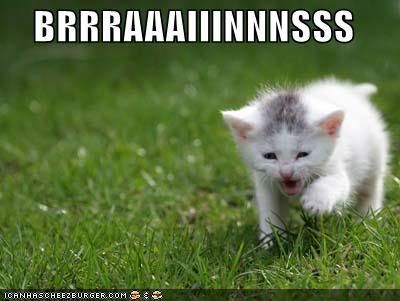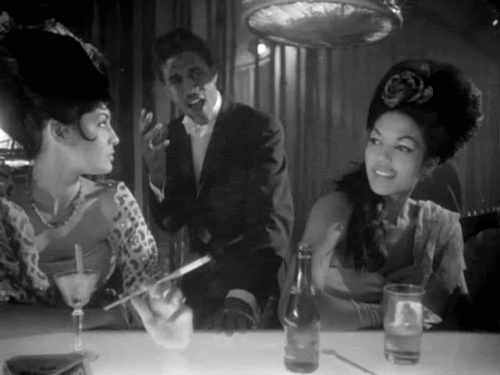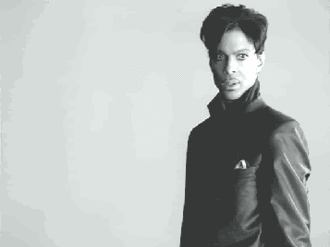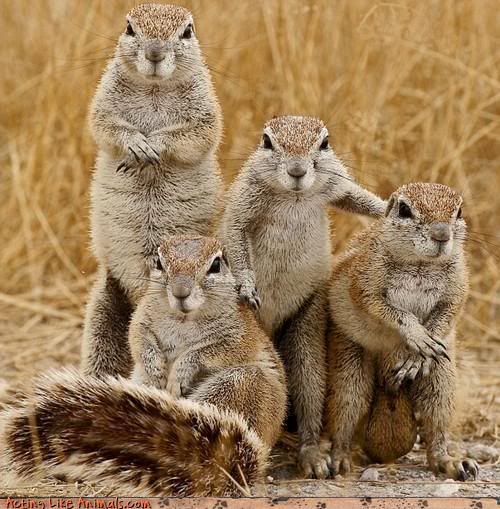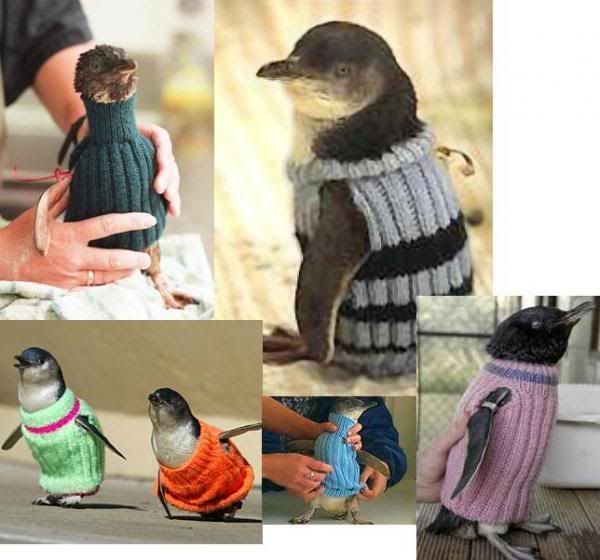 Image from ROFLrazzi
Image from ROFLrazziGhostbusters and literary agents have been known to say, "Whatever you do, don't cross the streams."
What the latter group means is if your book doesn't have a well-defined pigeon-hole in Ye Olde Bigge Box Bookstore, then that novel will be harder to sell to publishers because the publishers know it will, in turn, be harder to sell to the people who decide which books Ye Olde Bigge Box is going to stock.
But like much advice given to writers, in some cases, this isn't actually good advice. Just look how successful hybrids like
Pride and Prejudice and Zombies are. Think how fresh-seeming were the
Temeraire books, which are basically
The Dragonriders of Pern versus Napoleon.
A new twist on an old idea is
good. The problems only arise when the tweak is a large one and the resulting novel becomes hard to market. Sub-genres have receptive, well-defined audiences, and publishers want to be able to appeal to those audiences in a straightforward manner. Being able to say, "This is that thing you love, except with zombies," is a hook. Having to say, "This is
kind of like that thing you love," is a liability.
There's also the other side of the coin--if the writer does nothing unusual, their book won't be easy to sell either because it's interchangeable with its competition. To lurch over to an election analogy, that book has no chance to become a frontrunner; it can only split the vote.
In the end, I think the safest thing is to never think about what's safe--never try to pander to the market. Write the story that resonates with you, the tale that seems interesting to you, and then hope like hell there proves to be an audience for it.
You might be wrong, but that's a danger when you write a "safe" book too. At least if you're writing the books you want to write, you'll be genuinely doing what you love.












